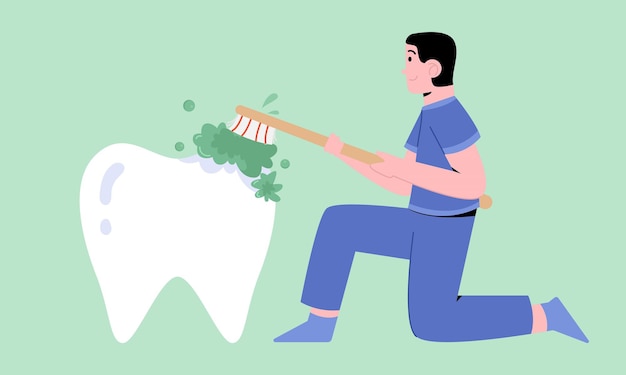
What’s Teeth Grinding, and Why is it Bad?
Teeth grinding, also known as bruxism, is pretty common – around one in three adults do it. Interestingly, it can happen whether you are asleep or awake. Many times, people don’t even know they’re grinding their teeth until someone else hears it or their dentist spots the signs.
Basically, teeth grinding is when you tighten your jaw and grind your teeth together. If you find yourself often clenching your jaw or wake up with a sore mouth or a headache, you might be grinding your teeth in your sleep. It can happen from stress, anxiety, or sometimes when you’re focusing hard. Sometimes nighttime teeth grinding links to disorders like hyperactivity, sleep apnea, or acid reflux. Persistent grinding can wear down your teeth, causing sensitivity, muscle tension, and headaches.
Teeth grinding can lead to a bunch of problems, like:
– Headaches
– Painful face, jaw, and ears
– Flattened or painful teeth
– Cracked or damaged teeth
– Broken fillings and crowns
– Dentures wearing out much quicker than normal
How Do I Stop Grinding My Teeth?
There are a few ways to tackle teeth grinding. The first step is figuring out what’s causing it, then you can address that issue specifically. Here are some solutions you might try:
– **Night guards and splints:** These dental tools can prevent your teeth from rubbing together while you sleep. You can get them from your dentist’s office or a store. Some specially made guards can also help treat sleep apnea.
– **Exercise:** Working out not only helps relieve the stress that might be causing grinding, it also boosts your overall health.
– **Relax before bed:** It’s crucial to de-stress your jaw before hitting the sack. Activities like deep breathing, yoga, reading, listening to music, or taking a bath can help.
– **Jaw exercises:** These can alleviate stress in your jaw. Simply opening your mouth wide or saying the letter “N” out loud can make a difference.
– **Be aware of clenching:** Often, teeth grinding is a subconscious act. Becoming aware of when you’re doing it can help you stop.
– **Train yourself:** There are techniques to help you break the grinding habit. For example, if you catch yourself grinding during the day, try holding your tongue between your teeth. It’ll help you relax your jaw.
If you grind your teeth, regular dental check-ups are essential to prevent damage. Misaligned or damaged teeth can be fixed with dental crowns or overlays. And importantly, if you think you’re grinding your teeth in your sleep, keep note of your symptoms and talk to your dentist. It’s important to address it early to avoid significant dental problems.


